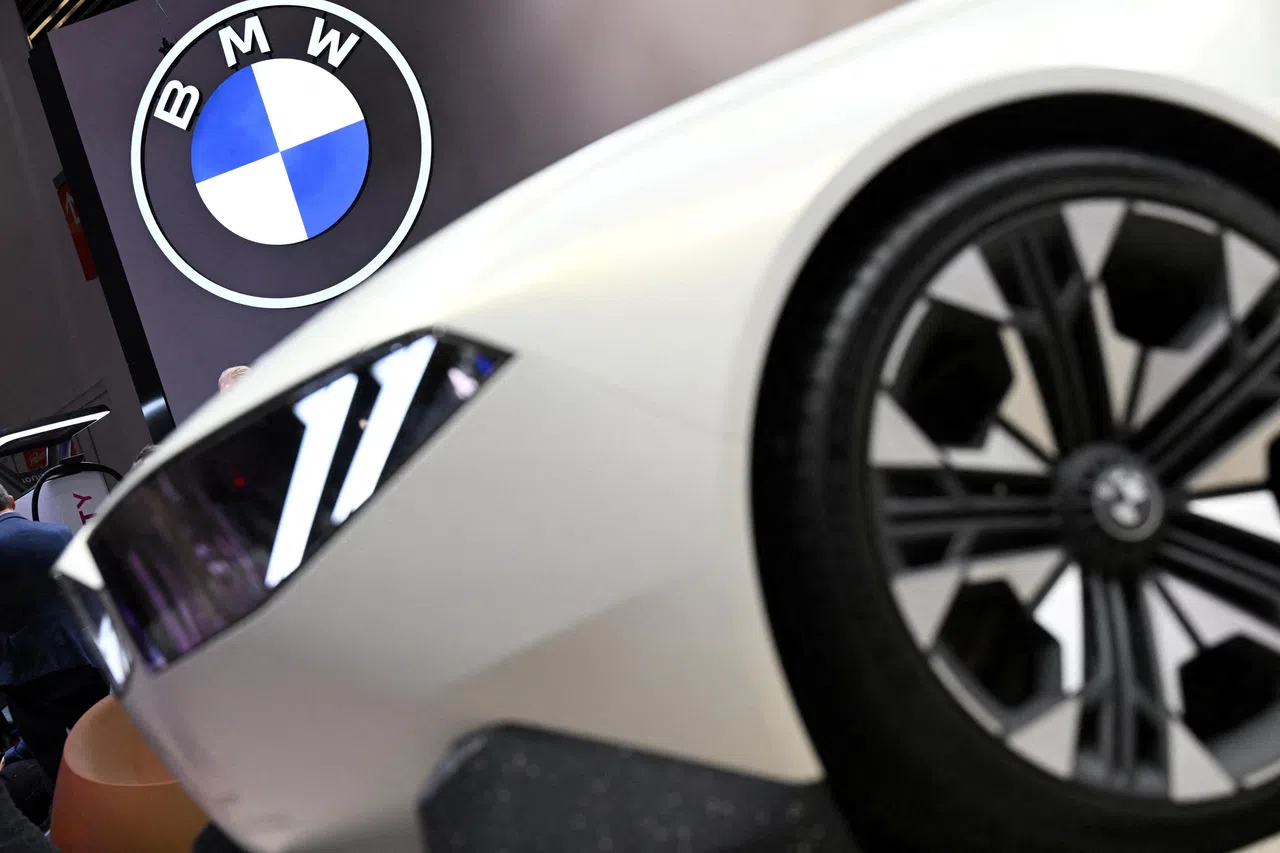German automaker BMW imported at least 8,000 Mini Cooper vehicles into the United States using electronic components from a banned Chinese supplier, according to a U.S. Senate report released on Monday. The report, prepared by Senate Finance Committee Chairman Ron Wyden’s staff, highlighted that BMW continued to import these products with components from the Chinese supplier until at least April.

Importation of Banned Components
BMW Group responded by stating it had “taken steps to halt the importation of affected products” and would be conducting a service action to replace the specific parts. The company emphasized its strict standards and policies regarding employment practices, human rights, and working conditions, which all direct suppliers must adhere to.
Uyghur Forced Labor Prevention Act
The Uyghur Forced Labor Prevention Act (UFLPA), passed by Congress in 2021, aims to prevent the import of goods from China’s Xinjiang region, suspected to be produced with forced labor by the Uyghur minority. China has denied these allegations. Wyden criticized automakers’ self-policing, urging the Customs and Border Protection (CBP) agency to enhance enforcement and crack down on companies that contribute to the use of forced labor in China. The CBP did not immediately comment on the report.
Results & Report
The Senate report found that Bourns Inc., a California-based auto supplier, had sourced components from Sichuan Jingweida Technology Group (JWD), a company added to the UFLPA Entity List in December. This designation presumes its products are made with forced labor. Bourns supplied these parts to Lear Corp, a direct supplier for BMW and Jaguar Land Rover. Lear notified BMW, Jaguar Land Rover, Volvo, and Volkswagen AG in January about the prohibited components, the report said.
Industry-Wide Impact
Lear Corp confirmed it promptly informed its customers about products containing these components and worked with its supplier to quickly re-source the manufacturing to another sub-supplier. Jaguar Land Rover imported spare parts with JWD components post-December but quarantined all existing inventory containing the JWD component globally for destruction. Jaguar Land Rover emphasized its commitment to human rights and anti-slavery measures, stating it immediately halted all shipments of the affected parts upon learning of the issue.
The report indicated that BMW ceased importing only after the Senate committee repeatedly questioned Lear and its OEM customers, including BMW, about their connections with JWD. Lear reiterated its commitment to addressing the issues raised and shared the committee’s goal of combating forced labor, noting it does not have a direct relationship with JWD. In February, Volkswagen confirmed that several thousand Porsche, Bentley, and Audi vehicles were held at U.S. ports due to a Chinese subcomponent breaching anti-forced labor laws. The Senate report noted that these Volkswagen vehicles contained JWD electronic parts. Volvo Cars, on the other hand, received LAN transformers for a new car program not yet in production and did not use any in its vehicles.

Steps Forward
The Senate report underscores the critical need for rigorous enforcement of the UFLPA to prevent the import of goods produced with forced labor. Automakers must enhance their supply chain transparency and compliance with human rights standards to avoid similar issues in the future. The ongoing scrutiny and regulatory measures will likely prompt companies to reassess and strengthen their sourcing practices to align with legal and ethical standards.
